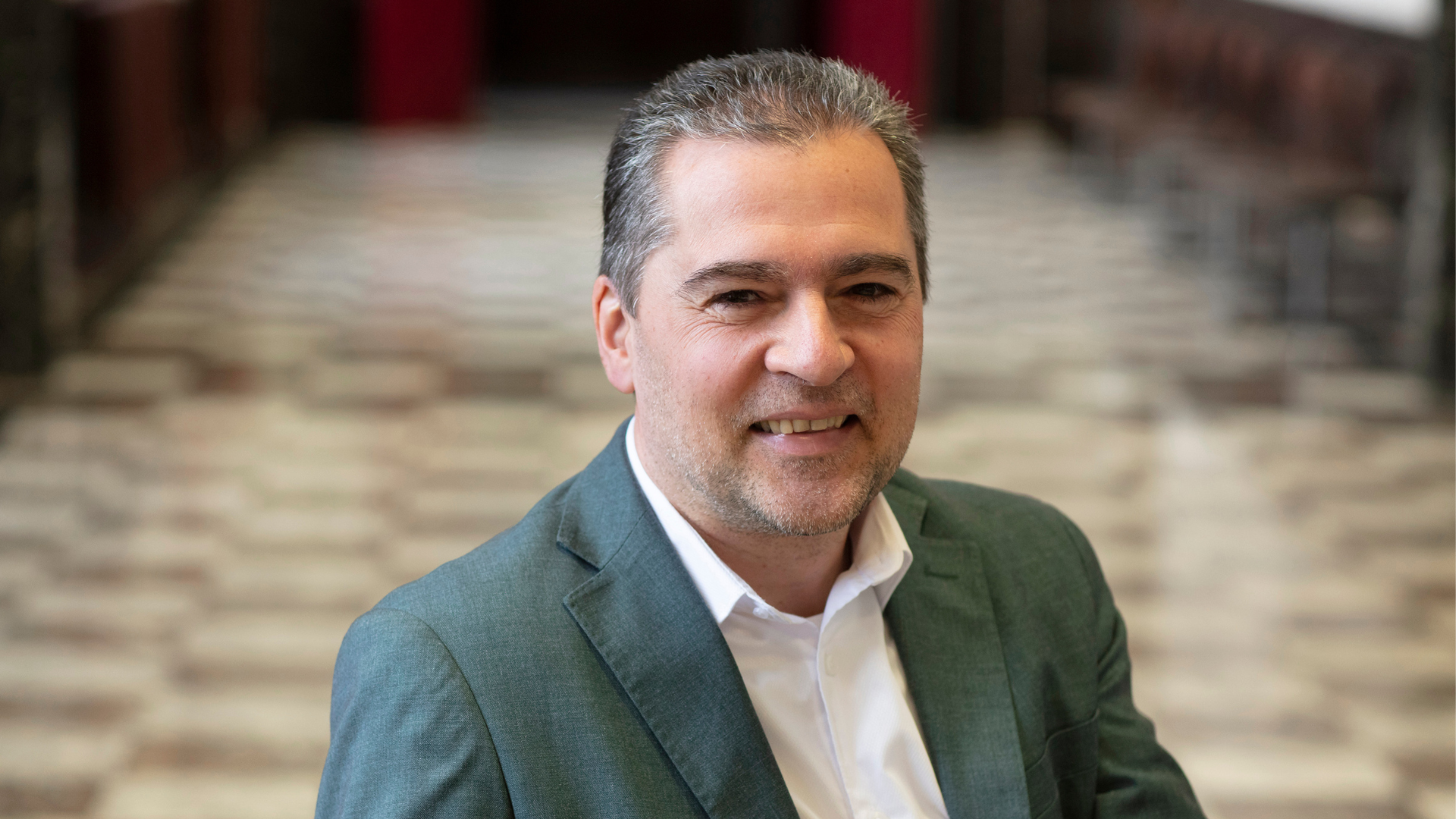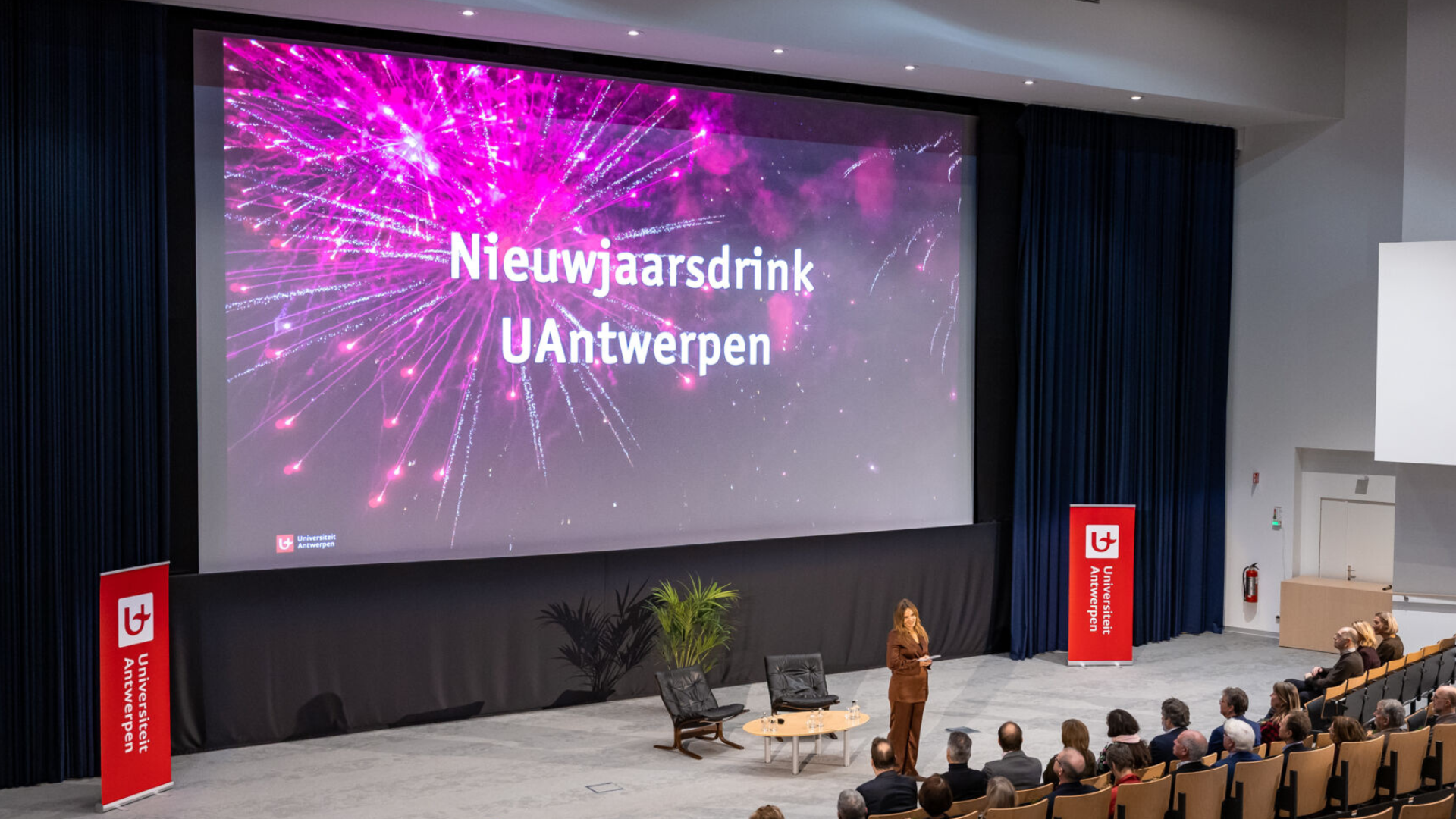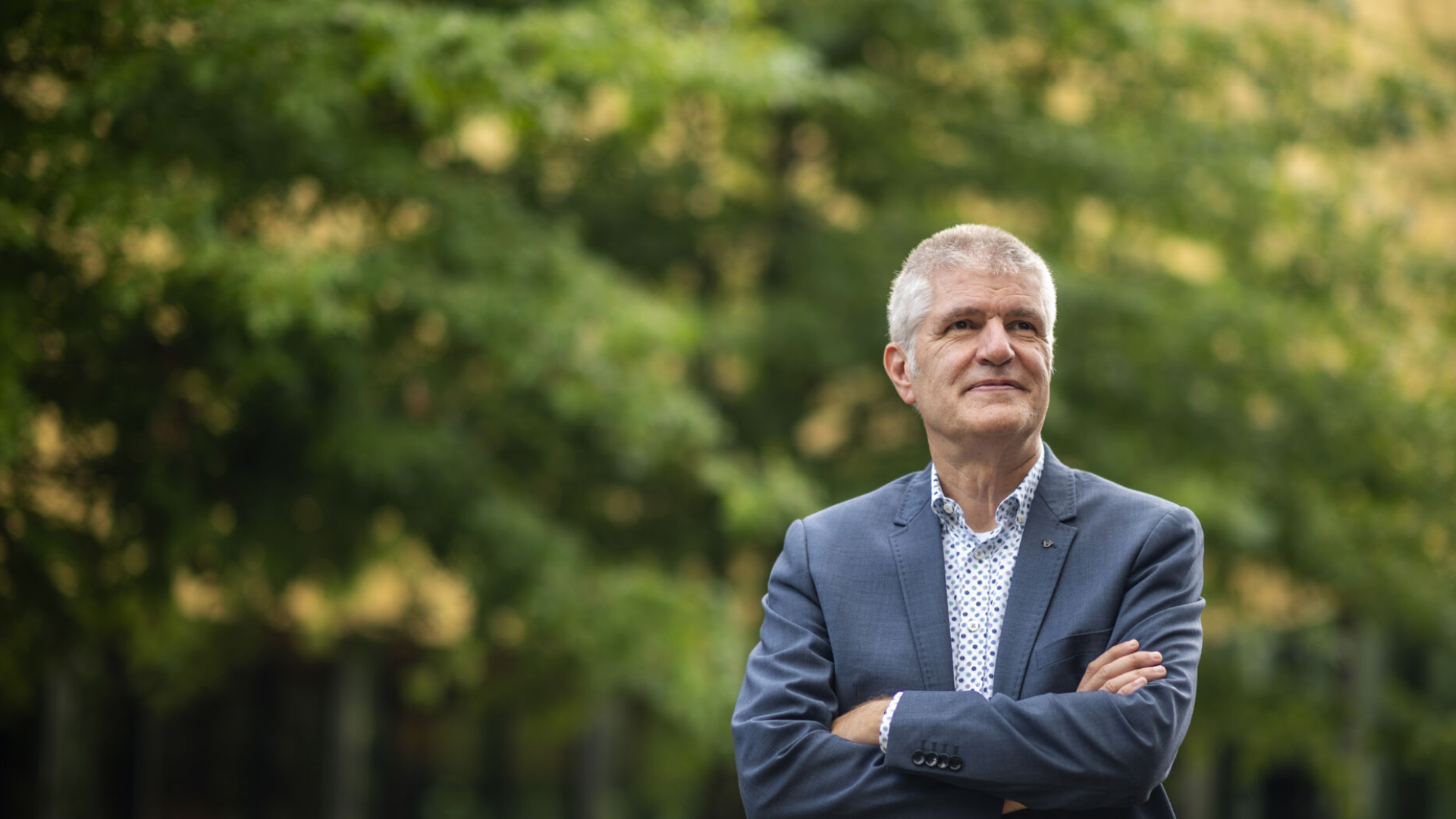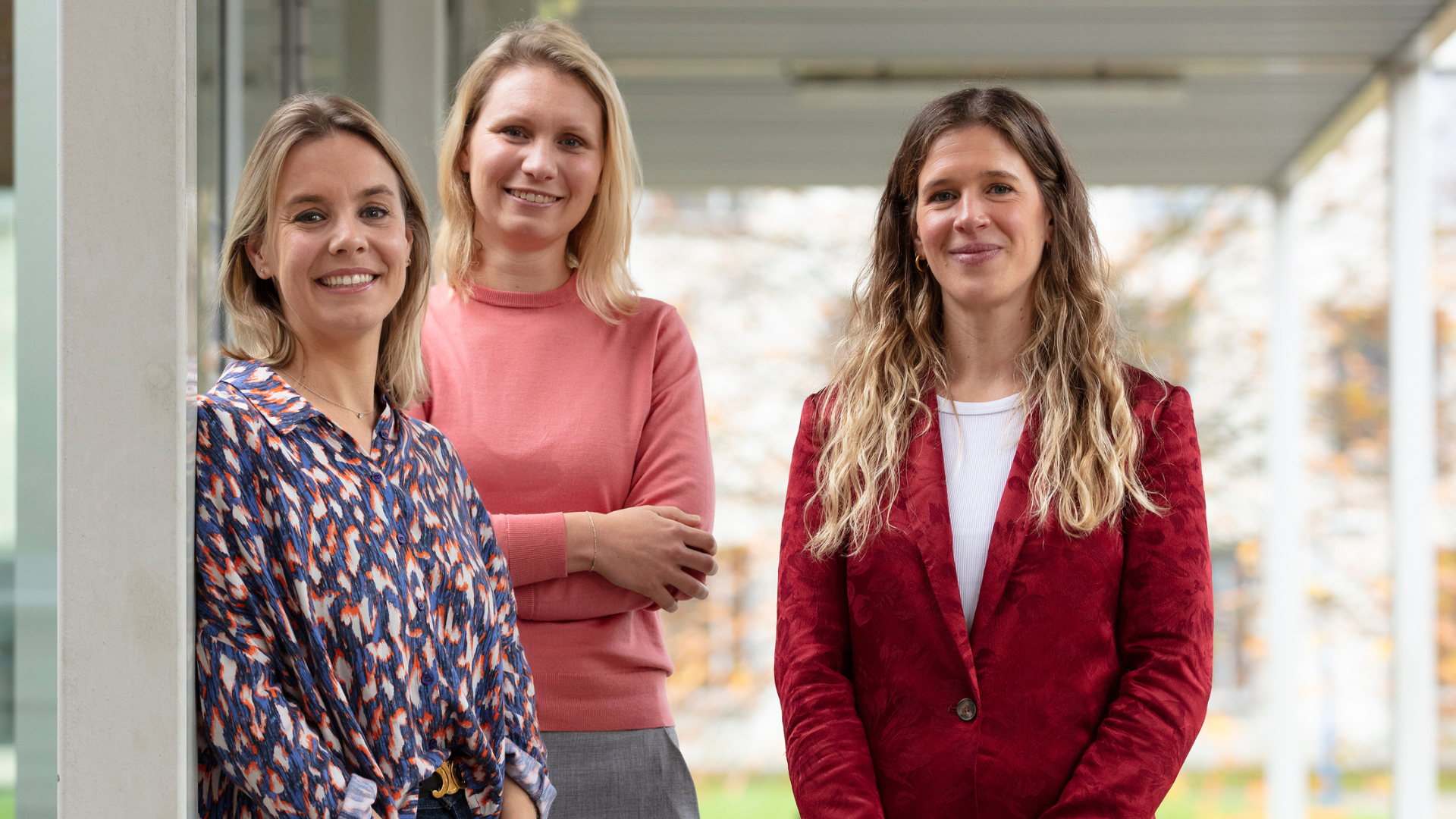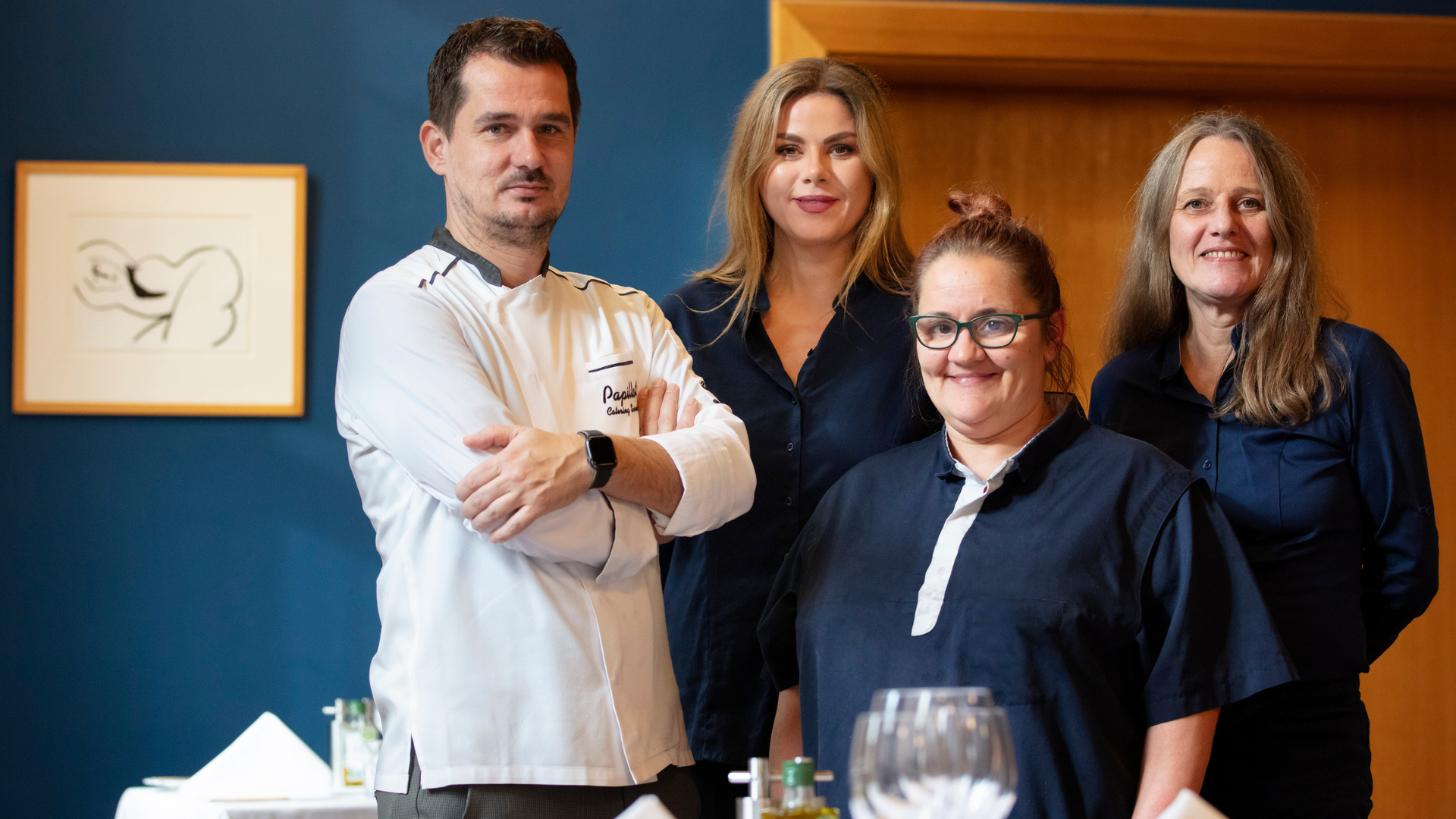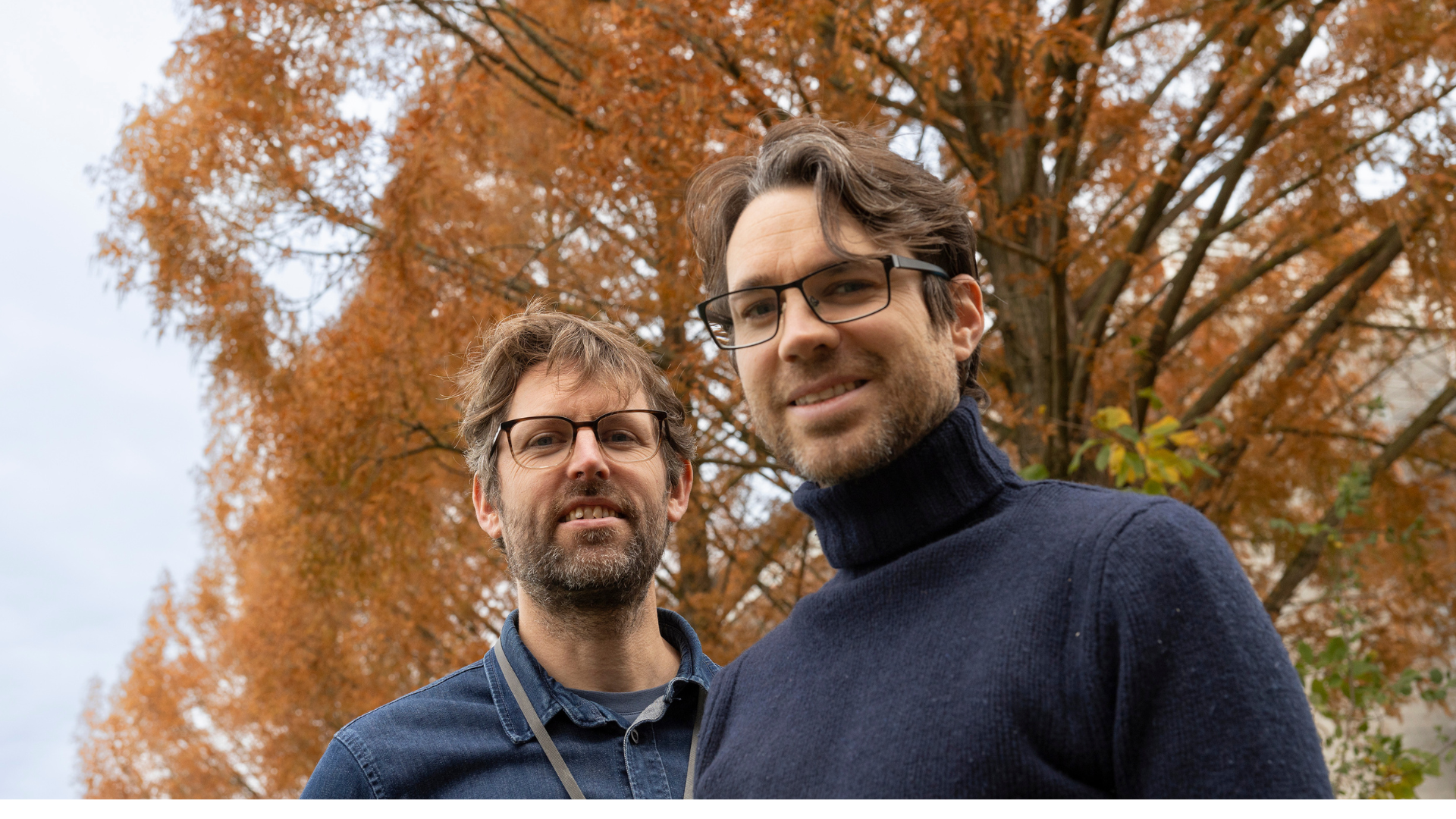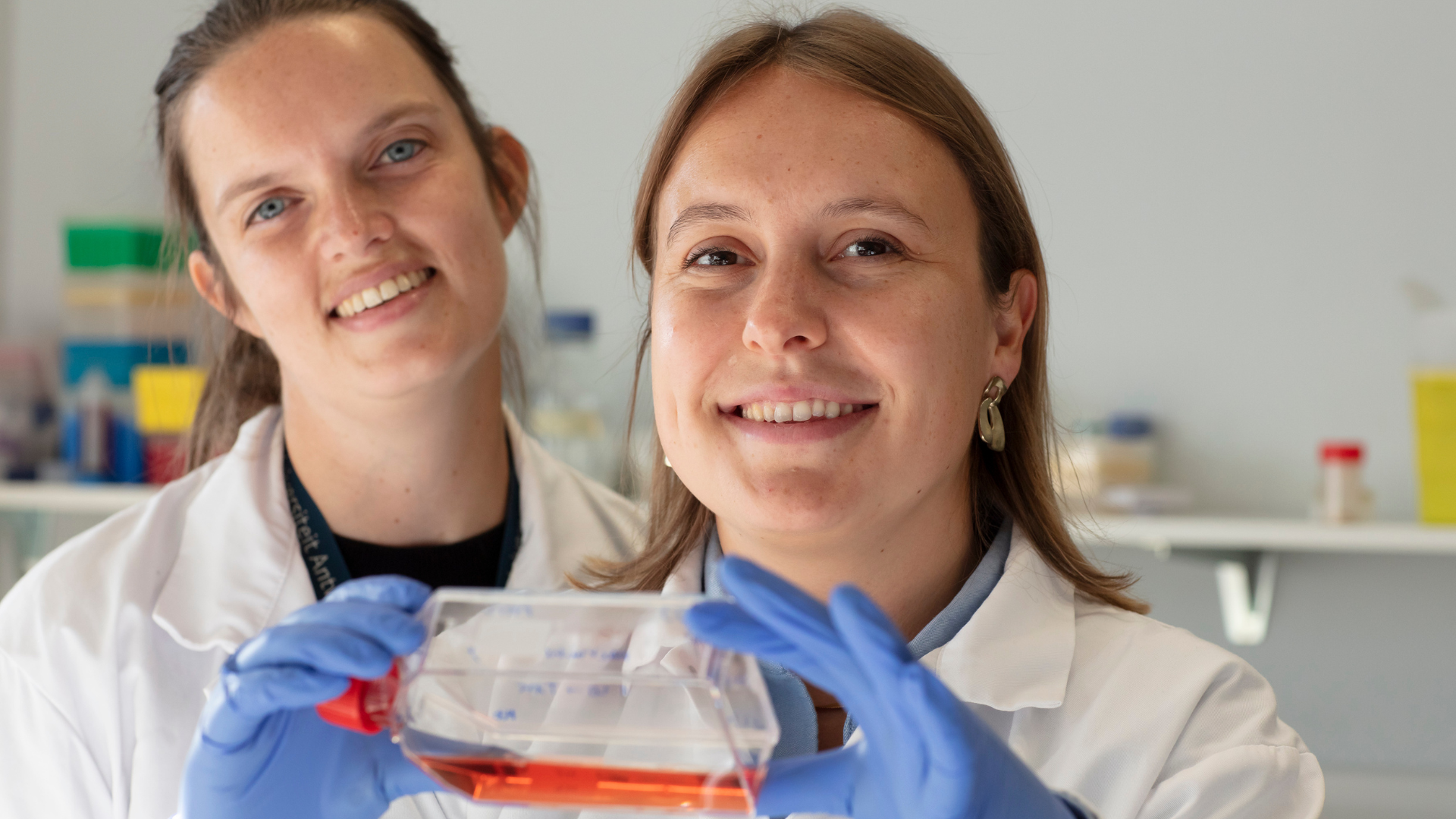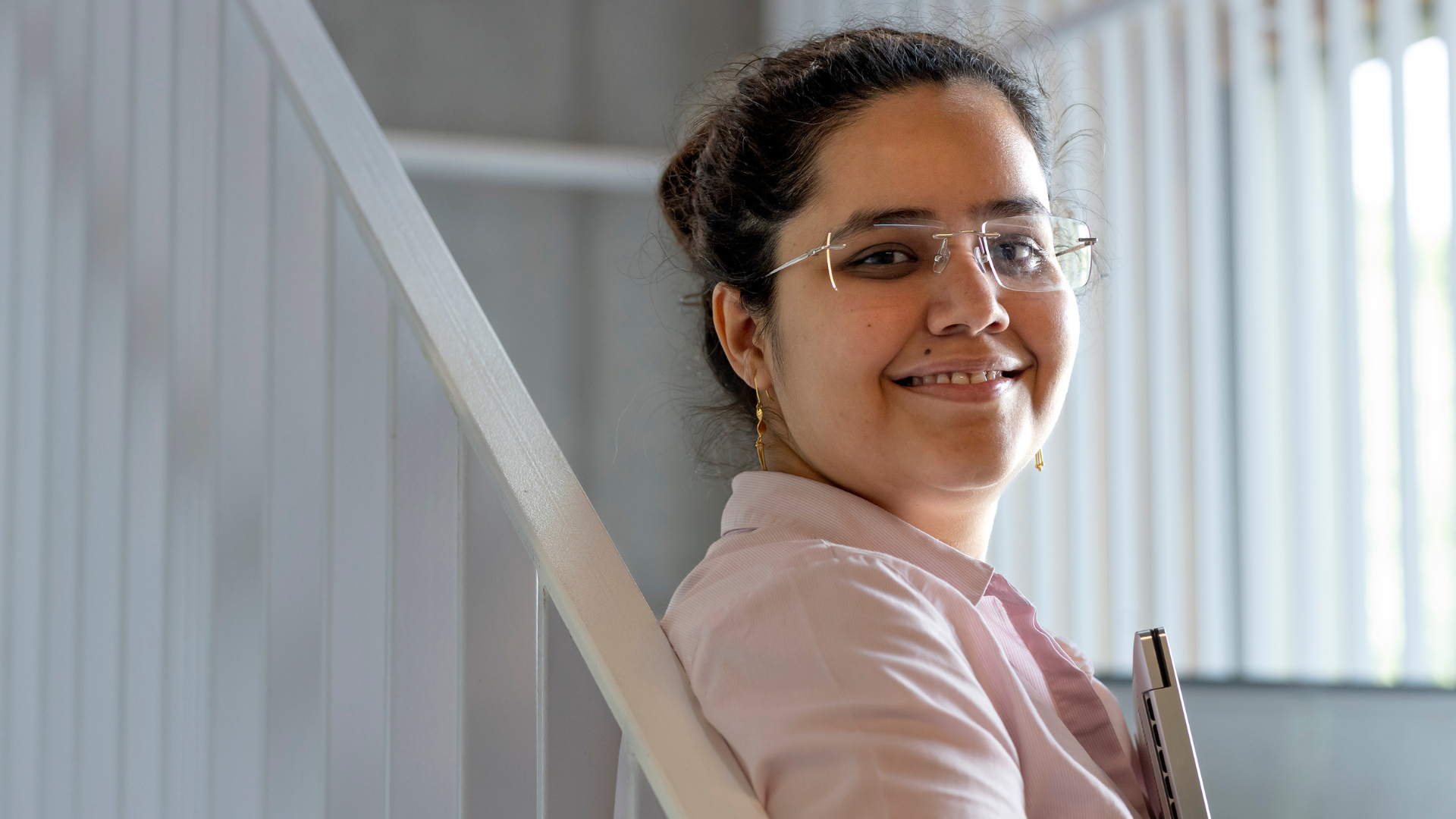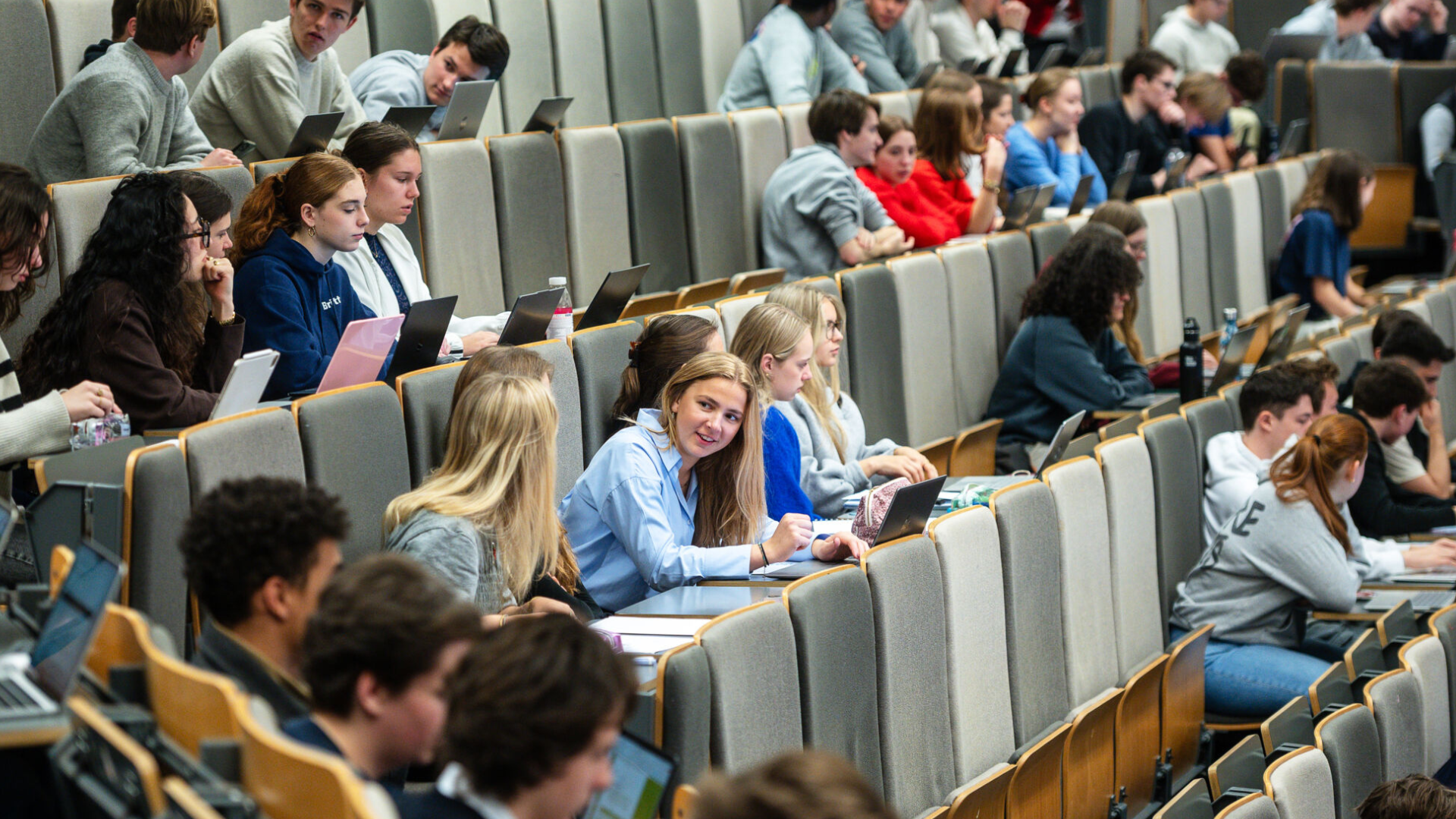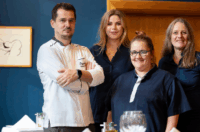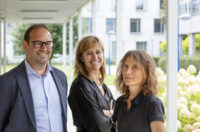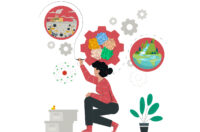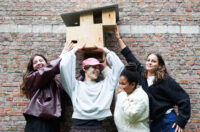In the section ‘The Feather’, a staff member puts a colleague in the spotlight. This time, Nadia Boutrfass passes the compliment to Elio Berardocco, head of the the Purchasing Office.
Filter
Last Friday, we kicked off the new year together at the annual New Year’s Gathering. Topics such as artificial intelligence (AI) and sustainability took centre stage alongside the University Fund. And possibly the most important question: who are the winners of the quiz?
As of this academic year, smoking is no longer permitted anywhere on our campuses, indoors or outdoors. This makes us the first university in Belgium with such a comprehensive anti-smoking policy, stricter than what the government imposes. ‘A smoke-free generation is what we should all continue to strive for,’ says Professor Filip Lardon, head of the Center for Oncological Research (CORE) and dean of the Faculty of Medicine and Health Sciences.
Would you like to support a research project at our university before the end of the year? Or is your New Year’s resolution for 2026 to raise funds through an initiative? As of recently, doing so has become very easy via the University Fund action platform, which has relaunched this year with a new, enthusiastic team.
Whoever steps into the right wing of the 16th-century Hof van Liere finds themselves in an oasis of calm on the Stadscampus. Behind the historic façades lies the Universiteitsclub: a refined restaurant where quality, hospitality and sustainability come together. Head chef Aaron De Ceuster and unit coordinator Nele Crabbé take us behind the scenes.
Our university cut its CO₂ emissions by 16.5 per cent in five years. A solid result, but we aren’t on track yet to meet our targets. Although many services and departments are already on board with the climate agenda, we still need to step things up: ‘The collective support is there; now’s the time to turn that into action.’
A feather in your cap: the feather is a prize passed on from one UAntwerp colleague to another in recognition of their efforts or achievements. This time, the Rector’s Office passes the feather on to Nadia Boutrfass.
What makes a city healthy? And how can the university contribute to this health from different disciplinary perspectives? These were the questions behind an interfaculty reflection session organised by Lieven Janssens (Social Sciences), Jasna Loos (Medicine and Health Sciences) and Caroline Masquillier (Social Sciences & Medicine and Health Sciences). Sixty academics from a wide range of disciplines, as well as colleagues from Antwerp University Hospital and our association partners AP and KdG, exchanged ideas on how interdisciplinary thinking and collaboration can help make Antwerp a healthy city.
The brand-new Building G.W on Campus Groenenborger was officially opened on 14 October. Behind the facade lies a future-oriented building where innovation, sustainability and safety come together. The new chemistry laboratories housed here are taking sustainable chemistry research to the next level. Prof. Vera Meynen, chair of the Department of Chemistry, and Herman Van Looveren, domain coordinator Lab, show us behind the scenes.
A hike through the Portuguese countryside. A half marathon in Antwerp. What began as two separate initiatives by staff members at CORE – UAntwerp’s Center for Oncological Research – grew into a joint effort with one clear goal: to raise visibility and funds for innovative cancer research.
UAntwerp has more than 2,000 PhD students. What drives them? Where do they feel their support comes from? And isn’t their work lonely sometimes? We invited three of them to tell us how it really is.
For the third year in a row, the number of first-year students at our university has risen. By 16 September, the total had already reached 3,405 new students, a 7.6% increase on last year. And enrolments are still coming in. Here’s an overview of the most notable figures.


